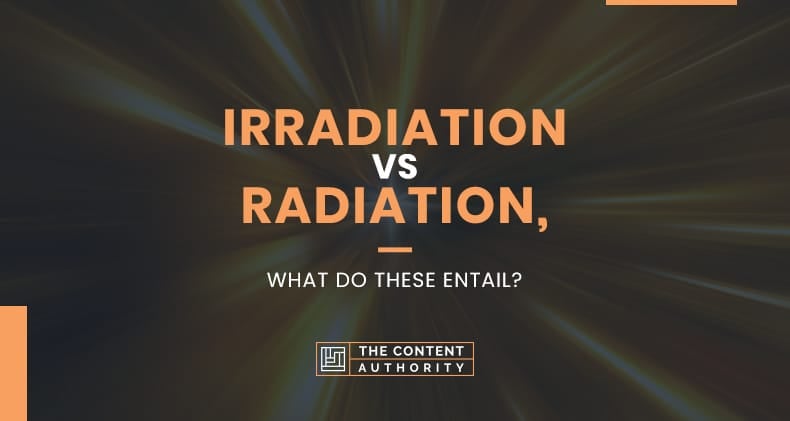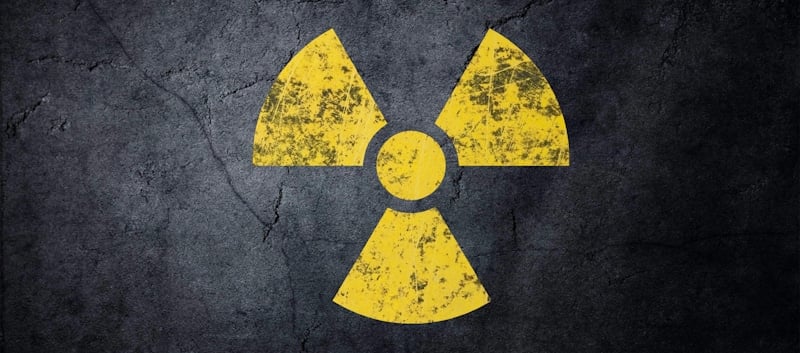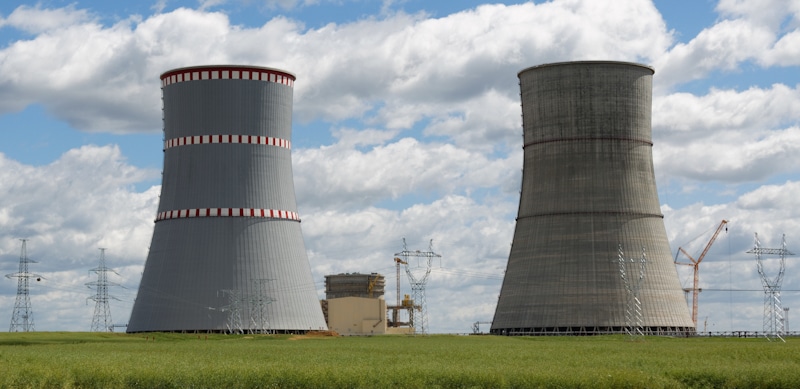Two terms that are related to one another but mean different things. One term is a natural phenomenon, and the other is the process of being exposed to it. For example, radiation is a natural phenomenon, and irradiation is an object exposed to radiation. In this article, we will present two of those words, how they are related, and in which context we should use each of them.
The main difference is that radiation is the movement of energy particles. On the other hand, irradiation is the effect radiation has upon an object. This means that the term irradiation is the process of interaction with the other. Therefore, something is irradiating energy once it has contact with radiation.
Definition
Radiation is the physics phenomenon that explains the movement of energy through different ways or mediums. They may take the form of material or spatial objects. The movement of energy in radiation is done in the form of waves.
There are different processes of energy transfer that are described with the term radiation. For example, the transmission of energy in the form of a nuclear reaction or electromagnetic waves is described as radiation.
On the other hand, irradiation is the effect radiation has on an object exposed to this phenomenon. There are multiple ways this exposure can be materialized, and there are natural sources of radiation everywhere.
Commonly the term irradiation is known as ionizing radiation. This also includes how much radiation an object is exposed to. For example, the term irradiation is not used when referring to infrared, microwaves from cellular phones, radio, TV receivers, or visible light, even though these are forms of radiation.
Radiation has multiple uses. For example, radiation is used in the food industry to get rid of or reduce microbes and keep food fresh for a more extended period of time.
Origin And Evolution Of The Words
The word radiation has its origin from the Latin word “radiationem,” which means “a shining,” also, there are other meanings such as “to beam,” “shine,” “gleam,” and “make beaming.”
In the 1560s, the meaning of radiation was “rays or beams emitted.” Eventually, in the 1650s, it evolved to mean a “divergence from a center.” Nowadays, the term progress leads to the definition of “emission or transmission of energy in the form of waves or particles,” It has been used in modern physics since early in the 20th century.
The word irradiation comes from the French word “irradiacion,” which also comes from the Latin word “irradiation.” In 1580 it was defined as light, both literally and figuratively. It originated from the French word “irradiacion.”
Synonyms
There are different ways to say similar things in every language. Words that have the same or similar meaning as others are called synonyms. This section will present other words that hold identical meanings as the terms radiation and irradiation.
For radiation:
- Radioactivity is when something emits radiation spontaneously.
- Radiotherapy is the use of radiation forms like gamma rays, neutrons, protons, and others to kill different types of cells.
- Emission means the production and discharge of radiation.
- Diffusion, which means the spread of something more extensively.
For irradiation:
- Flash means the exposure of an object to a momentaneous light.
- The glow refers to having previous exposure to light and then shown the effects of it.
- A beacon, same as glow, the light penetrates and absorbs its energy, and it reflects it back.
- Incandescent means an object that emits light after being heated.
Antonyms
Just as it is common to hear words that essentially mean the same thing, some words have the opposite meaning. The name for this is an antonym. Next, we will present a list of words that mean the opposite of the terms radiation and irradiation.
For radiation:
- Convergence is the state or process of remaining, not emitting or changing.
- Collection is the action of collecting and, therefore, not transmitting anything.
For irradiation:
- Obscurity is the state of being unknown or hidden.
- Dimness is the state of being poorly illuminated.
- Darkness is the lack of light.
Other Word Usage Posts
Examples Of Both Terms
This section will present multiple sentences that will serve as examples using the terms irradiation and radiation.
- Scientists experiment with radiation by shooting bright spurts of it into space.
- One method used to sterilize male creatures is radiation exposure. After being treated, the animals will be released into the wild. This has been done for decades.
- There are tiny particles that can be a bundle of electromagnetic radiation.
- There is an instrument that can measure the radioactivity level of calcium after it goes through a twenty-minute irradiation period.
- In order to solve set-up errors in head and neck irradiations, an electronic portal image is used.
- Many people suffered radiation sickness during the earlier nuclear tests.
- The effects on the environment from radiation leaks are incredibly harmful.
- Radiation levels near the station are extremely high and can affect those who live nearby.
- There is equipment that can reduce the risk of radiation exposure.
- Our cellular phones are considered low-level radiation, but that does not mean it is not harmful.
- Science has been able to measure acceptable levels of radiation through investigation.
- The electromagnetic radiation emitted by radar towers is considered safe, but some people disagree.
- Solar energy is a form of radiation. Countries with high irradiation levels use it to fuel their systems.
- A large amount of radiation is something the human body cannot tolerate.
- There are satellites that are studying the radiation of the stars.
- The reason why the sun warms us is due to the radiation effect it has.
- In 1995 multiple countries approved the food irradiation process.
- Denmark has provided the irradiation process on food because they consider it harmful.
- Radiation is a way to kill cancerous cells. This is done by bombarding the cells with radiation, making the cells irradiated.
- Nuclear accidents have made a lot of people suffer from radiation sickness.
- Using gamma-ray irradiation helps increase food products’ shelf life because it kills bacteria very effectively.
- The long-term effect of radiation exposure can be fatal.
- Irradiation therapy can generate human chromosome abnormalities.
Conclusion
We now know that irradiation is the process of objects getting exposed to energy waves that, consequently, starts the process of ionization, which is done by exposure to radiation. Scientists study the levels of radiation to understand how an object becomes irradiated and the effects radiation has upon those objects.
There are multiple sources of radiation, some of which are natural and some of which are created artificially. The sun is probably the primary source of natural radiation, and its importance cannot be measured. As a result, everything under the sun is an irradiated being or object.
The radiation energy is present in sources like air, earth, rocks, and space. The presence of radiation in those sources is indeed low. Nevertheless, the pharmaceutical industry uses these sources of energy. Usually, this kind of radiation can indeed be harmful when free in nature, especially for living things.
The measurement of radiation is possible through different types of equipment, even though we cannot feel it in our bodies directly. As a result, it is essential to monitor radiation, as it cannot be felt. There are levels of radiation that can be fatal. Living organisms evolved in an environment that has constantly been receiving ionizing radiation.
The critical thing to remember is that radiation is the phenomenon, whereas irradiation is its effect or outcome.
Shawn Manaher is the founder and CEO of The Content Authority. He’s one part content manager, one part writing ninja organizer, and two parts leader of top content creators. You don’t even want to know what he calls pancakes.




